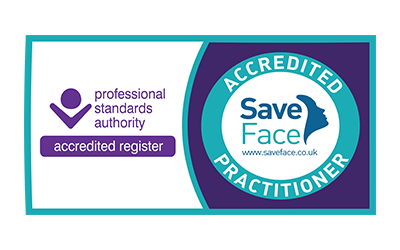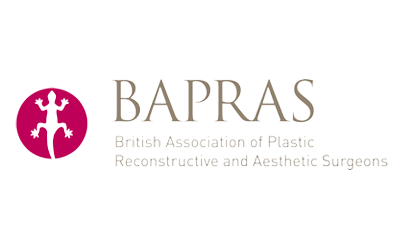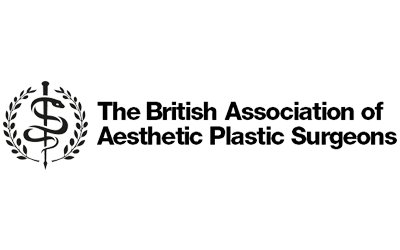Emotional wellbeing has been the focus of much media coverage this week as Mental Health Awareness Week takes place in the UK. This year’s theme is Body Image, highlighting that how we think and feel about our bodies has a profound impact on our mental health. In a recent survey conducted by the Mental Health Foundation, over one-third of patients said they had felt anxious or depressed about their body image at some point in their lives.
Here at the Karidis Clinic, we are constantly looking for ways to support our patients who are contemplating a cosmetic surgery procedure which is why we are delighted to be working with The Wright Initiative, headed by respected psychotherapist Norman Wright, in offering pre- and post-operative support.
The bespoke PaPPS Initiative takes the form of one pre-procedure session and two post-procedure sessions. Mr Alex Karidis explains why he feels it’s so important to support our patients emotionally through their cosmetic journey.
Why do you offer the PaPPS Initiative to your patients?
I think it is essential that we offer psychological support for our patients because I truly feel that every single patient walking through the door of a cosmetic surgery clinic has some psychological issue that may be affecting their daily life or relationships.
Nobody is flippant enough to walk into a cosmetic surgery clinic and want surgery ‘just because’. There’s always something that is strongly affecting them and that’s why they are willing to go through the potential pain and risk.
The PaPPS Initiative means we can offer the appropriate support both before and after the surgery. I always tell my patients that cosmetic surgery is a journey and it’s a journey that begins well before they come to us. It could be an issue they have been affected by for decades and eventually they feel they can’t live with it any longer.
The PaPPS Initiative doesn’t just focus on preparing them for surgery; there are also two post-procedure sessions, as the aftermath of the operation is just as important as beforehand. Healing can take many months and the patient will go through a rollercoaster of emotions.
Not every patient needs help from something like the PaPPS Initiative – although they all need support – but it’s essential that my staff are trained to identify the patients that do need that extra help and support.
In the survey carried out by the Mental Health Foundation, just over one in five adults and 40% of teenagers said that images on social media caused them to worry about body image. Have you noticed a difference in patient outlook over recent years?
I know there’s been a growing trend of blaming the selfie culture for making people feel dissatisfied with their looks, but I don’t think you can blame everything on social media. I think it is inherently human nature to have insecurities and want to fit in. Maybe social media can exacerbate insecurity, but I don’t believe that it creates them.
Norman believes that managing patient expectations was key to a successful outcome – is this your view? What do you think makes a successful cosmetic surgery procedure?
Meeting patients’ expectations is the hardest part of my job, far harder than the surgical aspect. You can achieve a fantastic result and yet it might not meet the patient’s expectations.
We have to discover what patients truly want and sometimes that can be a moving goalpost. It’s never set in stone as some people might think and can change from day to day and that’s because of the emotional aspect of what they are going through.
For more information on Mental Health Awareness Week, please go to the website of the Mental Health Foundation https://www.mentalhealth.org.uk/campaigns/mental-health-awareness-week. To find out more about the PaPPS Initiative and how we support our patients, please call us on 0203 811 3185.
















